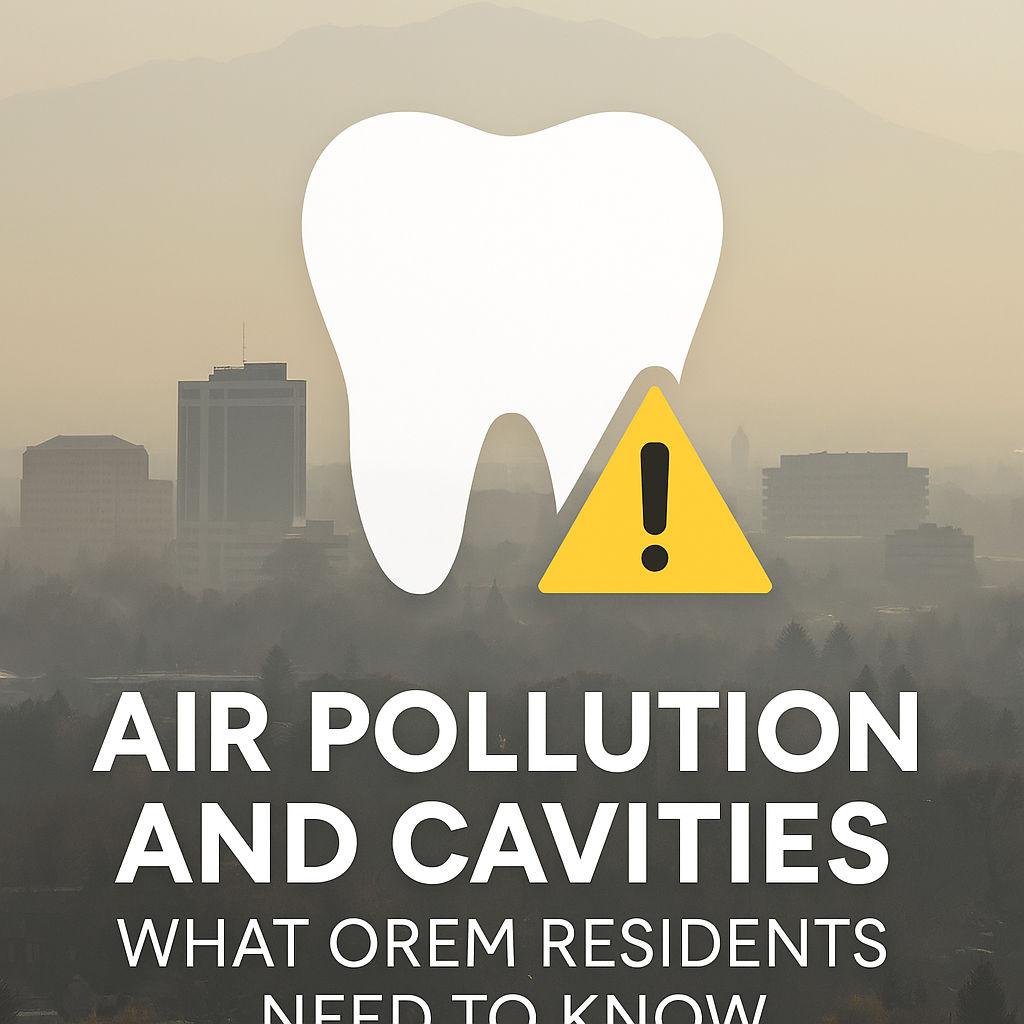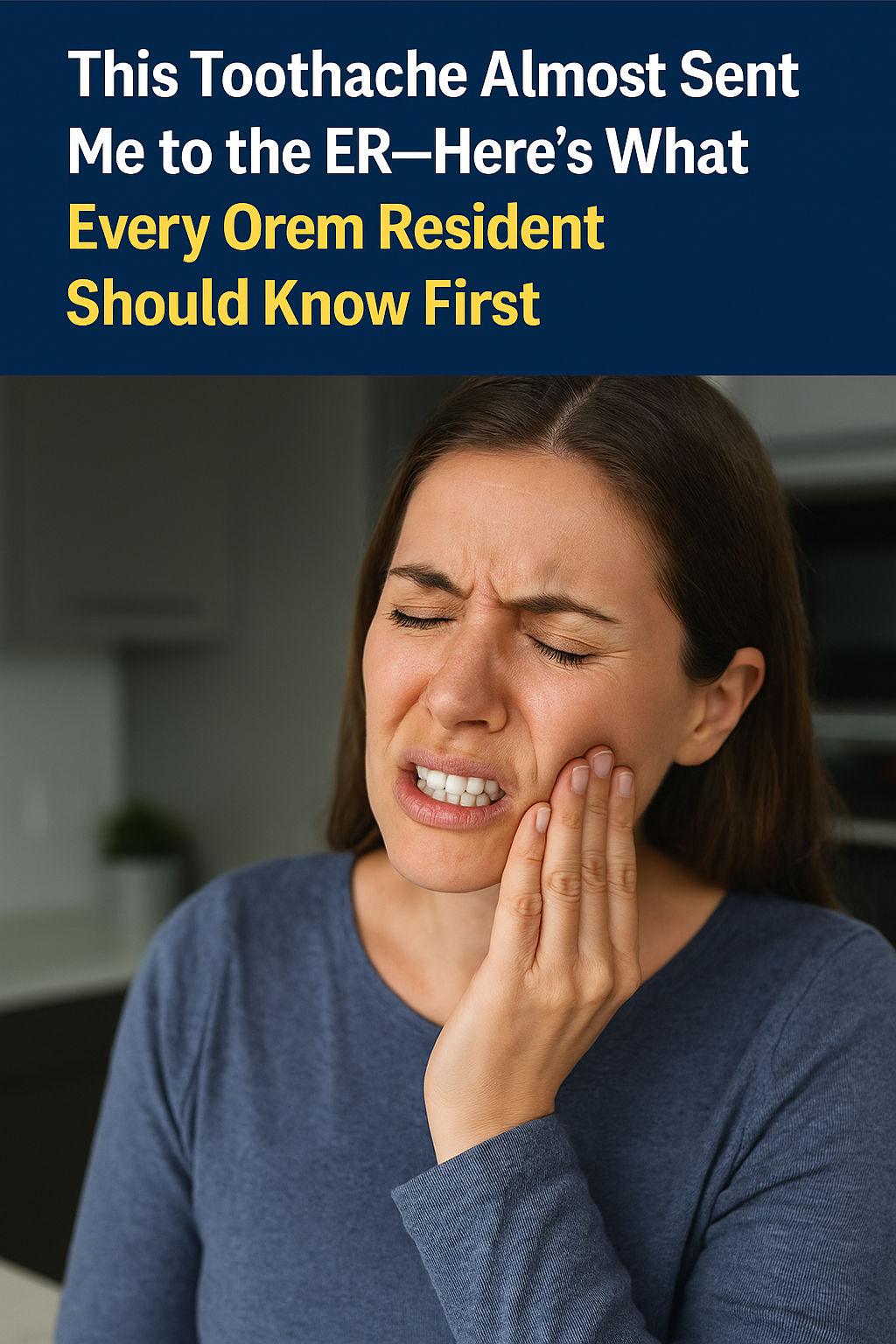When it comes to maintaining optimal oral health, regular dental care is essential. In addition to regular dentist visits, a dental hygienist’s role is crucial in ensuring comprehensive dental care. In this blog post, we will explore who a dental hygienist is, highlight the difference between a dental hygienist and a dentist, discuss the benefits of regular professional dental cleanings, and help you determine if it’s time for a cleaning.
Who is a Dental Hygienist?
A dental hygienist is a licensed oral health professional who works alongside dentists to provide preventive dental care. They are vital in promoting good oral hygiene practices and educating patients on proper dental care techniques. They are trained in various aspects of oral health, including teeth cleaning, dental examinations, oral health assessments, and preventive treatments.
The Dental Hygienist vs. Dentist: What’s the Difference?
While both dental hygienists and dentists work together to ensure optimal oral health, they have distinct roles. Dentists are doctors who diagnose and treat oral health issues, perform complex dental procedures, and oversee the overall dental care of patients. Dental hygienists, on the other hand, focus primarily on preventive care, including professional dental cleanings, oral health education, and assisting dentists during treatments.
Benefits of Regular Professional Dental Cleanings
Regular professional dental cleanings by a dental hygienist offer numerous benefits for maintaining oral health:
Plaque and Tartar Removal:
Dental hygienists are trained to remove plaque and tartar buildup from teeth, even in hard-to-reach areas. This helps prevent tooth decay, gum disease, and other oral health problems.
Prevention of Gum Disease:
Dental hygienists perform deep cleanings to remove bacteria and debris from below the gum line, reducing the risk of gum disease and maintaining healthy gums.
Early Detection of Oral Health Issues:
During cleanings, dental hygienists thoroughly examine your mouth, looking for signs of tooth decay, gum disease, oral cancer, and other oral health concerns. Early detection allows for timely intervention and treatment.
Oral Health Education:
Dental hygienists provide valuable education on proper oral hygiene practices, including brushing techniques, flossing, and the importance of regular dental visits. They can address any concerns and provide personalized recommendations for improving oral health.
Is it Time for a Cleaning?
Determining when it’s time for a dental cleaning depends on various factors, including your oral health history and the recommendations of your dentist or dental hygienist. However, as a general guideline, it’s advisable to schedule a professional dental cleaning at least twice a year. This frequency may vary depending on individual needs, such as those with certain oral health conditions or a history of gum disease.
Conclusion:
Dental hygienists play a vital role in your overall dental care. Their expertise in preventive dental treatments, oral health education, and early detection of oral health issues ensures the maintenance of healthy teeth and gums. By regularly visiting a dental hygienist for professional cleanings and following their guidance on oral hygiene practices, you can enjoy a lifetime of optimal oral health.





